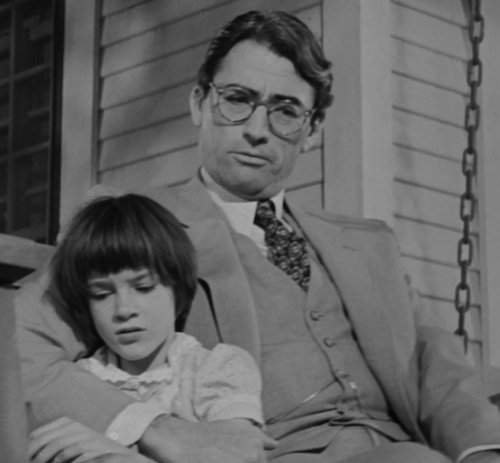To Kill a Mockingbird–the Film that Spread the Word
“In surveys asking what one book every civilized person should read, Mockingbird routinely finishes second to the Bible, and in one (if I may go a bit Maycomb on you here) it up and finished first.” —Smithsonian

I don’t know how to put into words how thankful I feel to Harper Lee, the day after learning of her death. I doubt many of us can. But I want to express my quieter gratitude for the film. When I first saw it, I was disappointed it didn’t capture as much of the novel as I’d hoped. But I’ve grown increasingly impressed with it in time; not just because it is, indeed, a very good movie; but because it popularized a novel most of us agree “every civilized person should read.” Three Oscars, a mostly faithful rendering of the moving story and a beautifully understated turn by Gregory Peck can do that.
I recognize that the price for the book’s popularity (in part due to that film) was the shy Harper Lee’s withering under our gaze (I once read she compared herself to Boo, rather than Scout). And it’s hard to believe, given the timing of her newest novel’s emergence, right after her sister-protector’s death, that she wanted what was an early draft printed–or the subsequent attention it aroused.
No, Lee wasn’t ready for the degree of our attention, 54 years ago, or today. But she approved the movie anyway, helping so many more of us learn of and then be haunted and changed by her novel. Lee was delighted with Peck’s performance, according to his biographer, even made sure he met her father. So in the beginning of expressing my gratitude to Lee, let me just thank her for approving the film, for putting us all before her own needs, and helping make possible the saving of many other mockingbirds, just as fragile, but likely far less brave than she.
